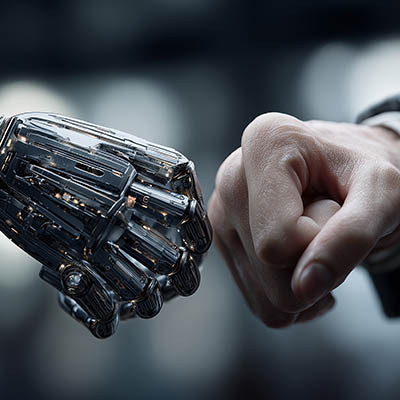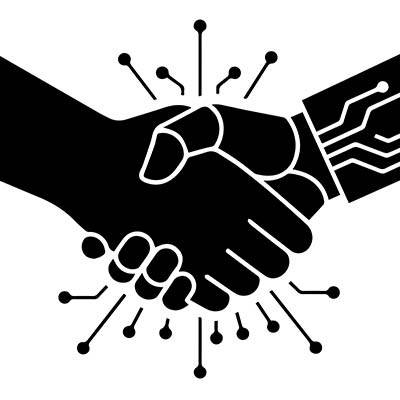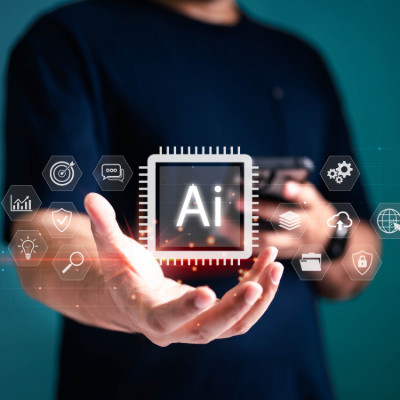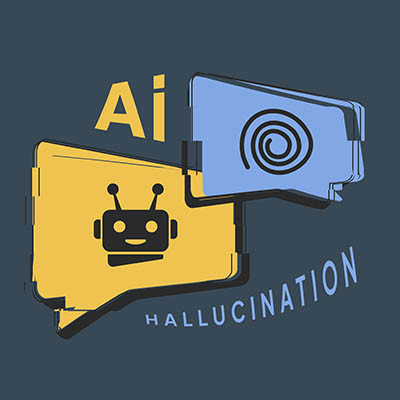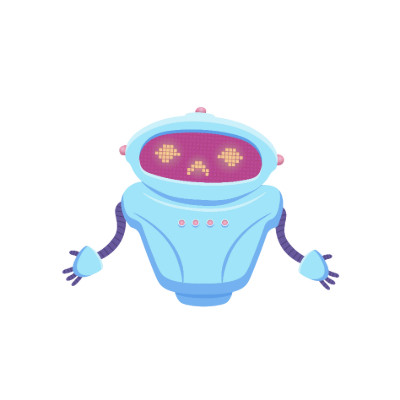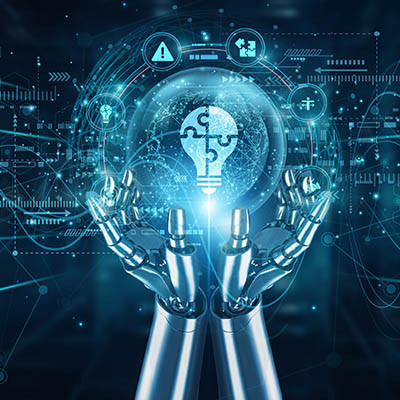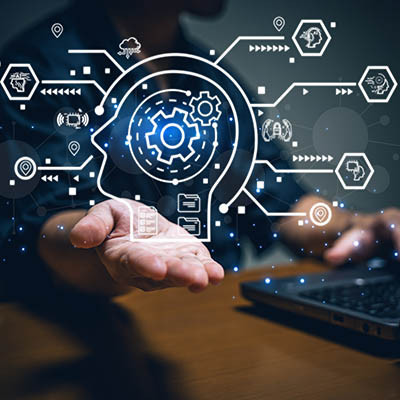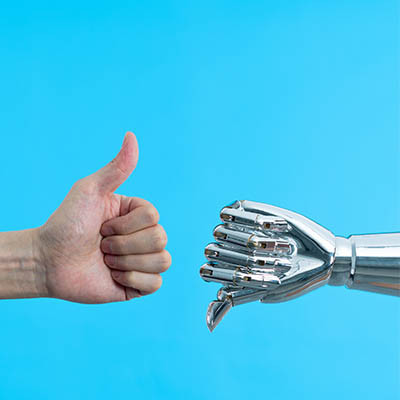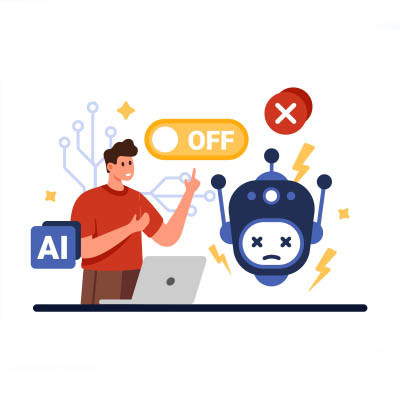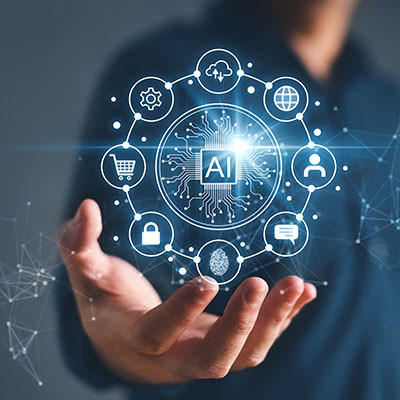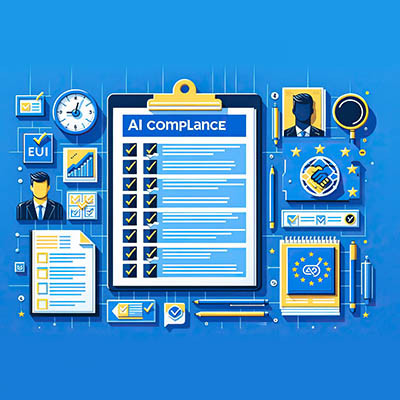Have you ever stopped to ask yourself if the person you’re talking to on the phone is an AI system or an actual, honest-to-goodness human? It’s expected that in 2026, you’ll be asking this question a lot more often—especially with the rise of agentic AI. This development takes the vulnerability that already exists in your human infrastructure and attempts to make it impossible to stop. Today, we’ll explore agentic AI, what it looks like, and what you can do to put a stop to it in the years to come.
One Up Solutions Northwest Blog
There are two types of digital transformation. There’s the kind that streamlines a business into a powerhouse, and there’s the kind that turns into a ghost ship; perfectly automated, technically efficient, and completely devoid of life. Right now, we are witnessing a massive shift in the way people do things. While your competitors are busy bragging about replacing their support staff with agentic AI, what they are often doing is building a wall between themselves and their customers.
Now that AI has entered the mainstream, more businesses are implementing these tools into their daily operations. Tasks like drafting emails, brainstorming for a new project, or debugging code have all been made easier. Here’s the secret to making the most out of AI: you get out what you put in. What do we mean by this? Let’s find out.
One of the most common criticisms of generative AI tools is that they often “hallucinate,” or make up information, making them somewhat unreliable for certain high-stakes tasks. To help you combat hallucinations, we recommend you try out the following tips in your own use of generative AI. You might find that you get better, more reliable outputs as a result.
AI has revolutionized the way businesses operate, streamlining various tasks and changing how knowledge-based businesses function in record time. One of the ways that businesses are using AI is customer support, but how effective is it really? Is there any merit to maintaining the human element of your customer service, or said in a different way, what can human customer support offer that AI cannot?
AI is no longer a futuristic concept; it's a powerful tool that smart business owners use to their advantage. Many companies struggle to move beyond the hype and effectively integrate AI into their operations. Making the most of your AI initiatives requires a strategic approach. Here are five essential tips to help you succeed.
As the water cooler whispers about artificial intelligence get louder, workers are actively becoming worried about the status of their jobs. The idea of robots taking jobs can sound alarming, but knowledge is power. By understanding how AI works and what it can do for a business, employers and employees alike can gain some perspective and peace of mind.
Besides all of those people who are advocating for the scaling back or non-implementation of tools to save jobs, most people understand the benefit of automation when it makes sense. Not only do machines tend to do certain tasks more effectively, they never willingly take a day off. Unfortunately, for every task that needs to be completed less than half can be automated, and that number drops even further when you take into account everything a human does at their job. Today, there are very few jobs that can be fully automated; even as AI has begun to be used more for business. This week, we wanted to discuss why automation may not be the answer you are looking for and why training humans holds a lot of value.
Artificial intelligence is everywhere, and it is making data more valuable than ever. This is because AI platforms rely heavily on data to function effectively. Many platforms and services collect data from their users to fuel these algorithms. LinkedIn has recently been found to do this—by default—without properly informing its users or updating its terms of service.
One of the many tasks undertaken by the United Nations is to protect human rights around the globe while also working to create more sustainable and climate-friendly development. As such, the UN has recently taken a healthy interest in the development of artificial intelligence, hoping to develop guidelines that allow us to get the most value out of AI without creating more significant problems.
Over the past few years, artificial intelligence has become a bona fide buzzword amongst businesses of all sizes, with 97% of respondents to a Forbes survey seeing a potential benefit in some way, shape, or form. However, with it being integrated everywhere in our modern lives, it is important that we remember that AI is still a human invention, as as such, it is vulnerable to our own implicit biases.
With the release of the 2023 edition of their annual Work Trend Index report, dedicated to exploring the topic of Will AI Fix Work?, Microsoft took a deep dive into the impact that artificial intelligence will have on the workplace in the future. This report ultimately resulted in three major conclusions, which we felt we should help amplify and contextualize.
It seems that you can’t turn your head nowadays without seeing artificial intelligence being incorporated into some software or platform. However, many leaders in the technology space have expressed their concerns about—as they put it—the “profound risks to society and humanity” that AI poses, outlined in an open letter.
Human resources are a part of almost any business. That is because there are a lot of Is to dot and Ts to cross in any business. Some HR departments are better than others, but typically the HR department deals with most of the elements of the business that deal with, you guessed it, the human resources (employees). Today, the HR landscape is changing as businesses are now looking to automation to handle much of the heavy lifting.

